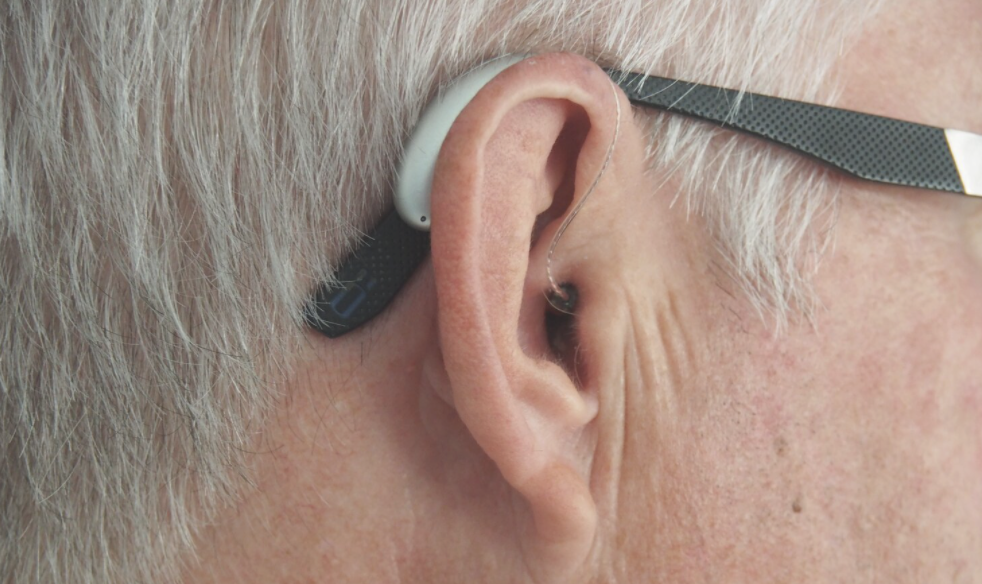Hearing and Vision Screening in Long-term Care
We have been working to understand how to conduct hearing and vision screening in Long-term care (LTC) homes, especially in those residents with cognitive impairment.
-

Screening for vision and hearing loss in older adults
Sensory loss accounts for one of the most common chronic conditions among older adults, with hearing loss affecting half of adults aged over 65 years and vision loss almost one fifth of those aged 70 years and over. Together, dual sensory loss is found to be most prevalent in older adults with dementia. The highest prevalence is found in long-term care (LTC) settings. For this reason, we conducted a multi-stage study to identify the most effective vision and hearing screening tools for use with older adults living with dementia and to evaluate their feasibility of use by nurses working in LTC.
-

Screening for Vision Impairments in Individuals with Dementia Living in Long-Term Care: A Scoping Review
Vision impairments are prevalent, but underdiagnosed in individuals with dementia living in long-term care (LTC). Effective screening tools could identify remediable vision problems. This scoping review was conducted to identify vision screening tests used with individuals with dementia and assesses their suitability for administration by nurses in LTC. A literature search using the Arksey and O'Malley (2005) method included research articles, conference proceedings, and dissertations. Data were included from participants over 65 years of age with a diagnosis of probable dementia. A panel of vision experts evaluated the suitability of the candidate vision tests. The search yielded 179 publications that met the inclusion criteria.
-

Agreement on the use of sensory screening techniques by nurses for older adults with cognitive impairment in long-term care: a mixed-methods consensus approach
Based on two scoping reviews and two environmental scans, this study aimed at reaching consensus on the most suitable sensory screening tools for use by nurses working in long-term care homes, for the purpose of developing and validating a toolkit.

